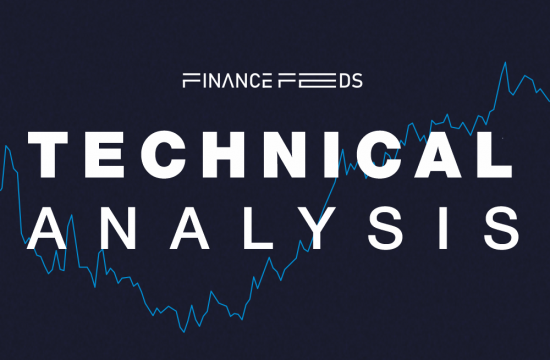Crypto trading and investing firm Bitpanda has added commodities trading to its product suit, enabling its 2.7 million users to obtain exposure to oil, natural gas, aluminum and wheat.

The Vienna-based crypto investment app said the new offering will allow users to bet on “short-term” price movements in 30 commodities. Bitpanda has been testing numerous pilot schemes across different asset classes over the last few months, including thematic crypto indices and exchange-traded notes. But this venture will be the first that lines up with demand on anti-inflation products.
Behind the scene, Bitpanda is offering a derivative product based on the underlying commodity prices. In essence, it allows traders to bet on an exchange-traded commodity (ETC) contract that tracks the price of individual commodities.
With inflation surging around the world amid the ongoing conflict between Russia and Ukraine, Bitpanda believes that commodities can attract investors to diversify their portfolios in such an environment.
In a statement, Bitpanda CEO and co-founder Eric Demuth, said: “I’m excited we’ve been able to add commodities to the platform at a time when inflation is biting into people’s savings. Bitpanda customers can now bet against their gas bill and benefit from the short-term price movements of key commodities like oil, natural gas, corn, wheat and many more.”
The news comes shortly after the Bank of Spain approved Bitpanda to act officially as a recognized virtual asset service provider (VASP) in the country.
Bitpanda, which is a Vienna-based cryptocurrency platform available in six European countries, has been the 15th firm to receive this license. The approval allows it to operate in the country after having worked with the regulator to show it fulfills the requirements defined by law.
Founded in 2014, BitPanda is a retail broker for digital assets, including more than 30 cryptocurrencies . The company claims to have onboarded more than 2.5 million users and plans to expand into real-world assets to build out a pan-European offering, with the expansion already started in France, Spain and Turkey.
The new license comes as Madrid is seeking to police crypto activities through introducing a raft of new regulations, including tougher KYC rules for digital currency transactions. Spanish authorities want to prevent anonymity in cryptocurrency transactions thereby placing a ban on anonymous crypto accounts.










